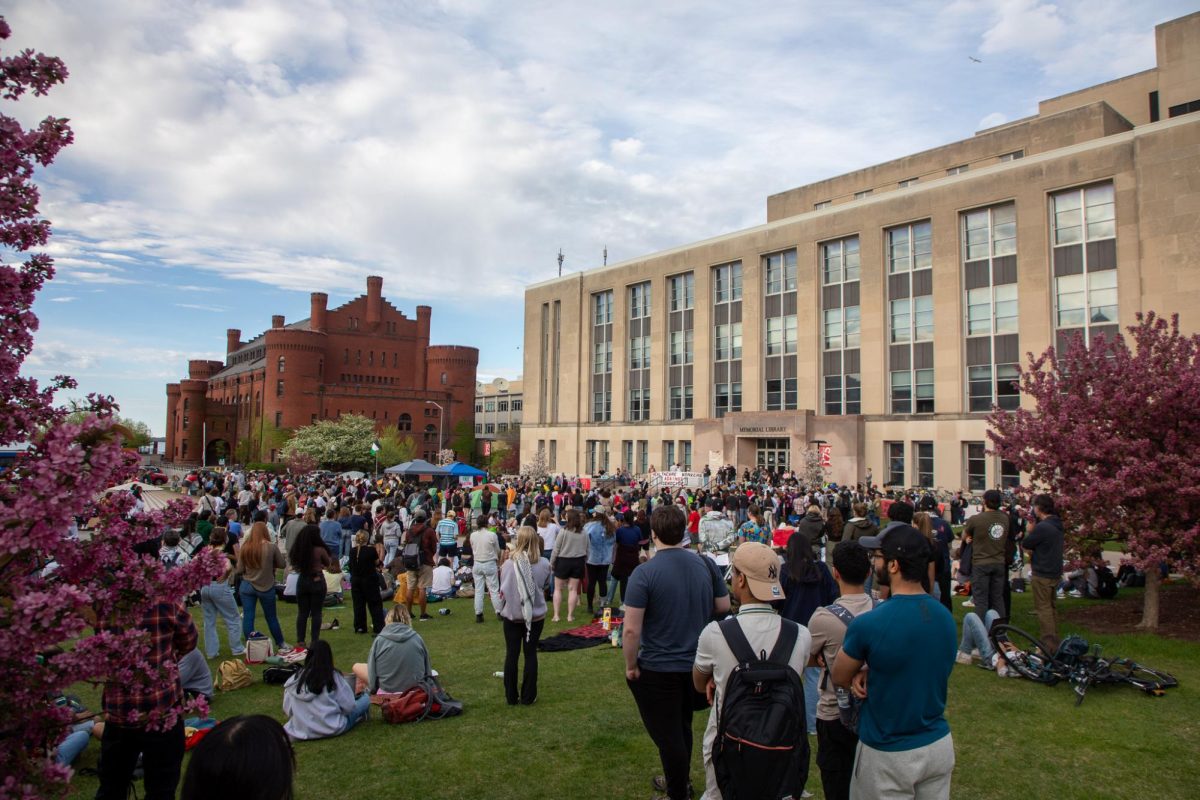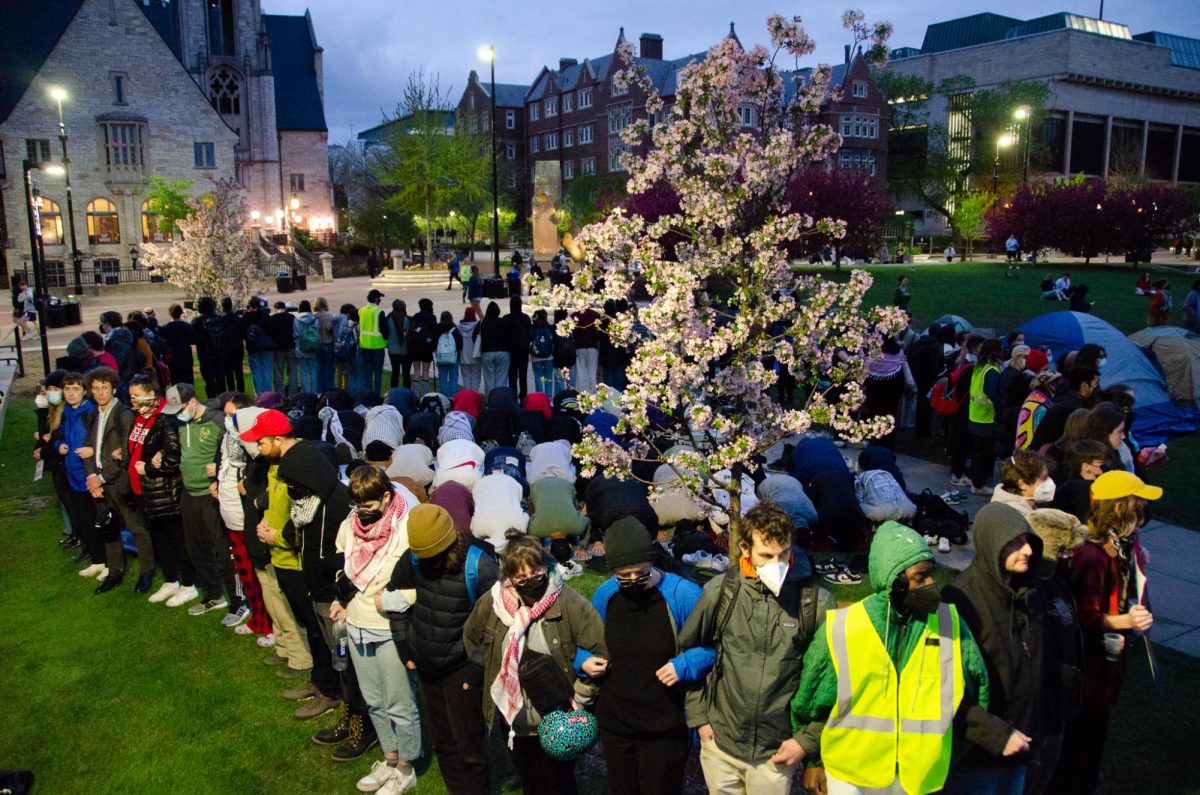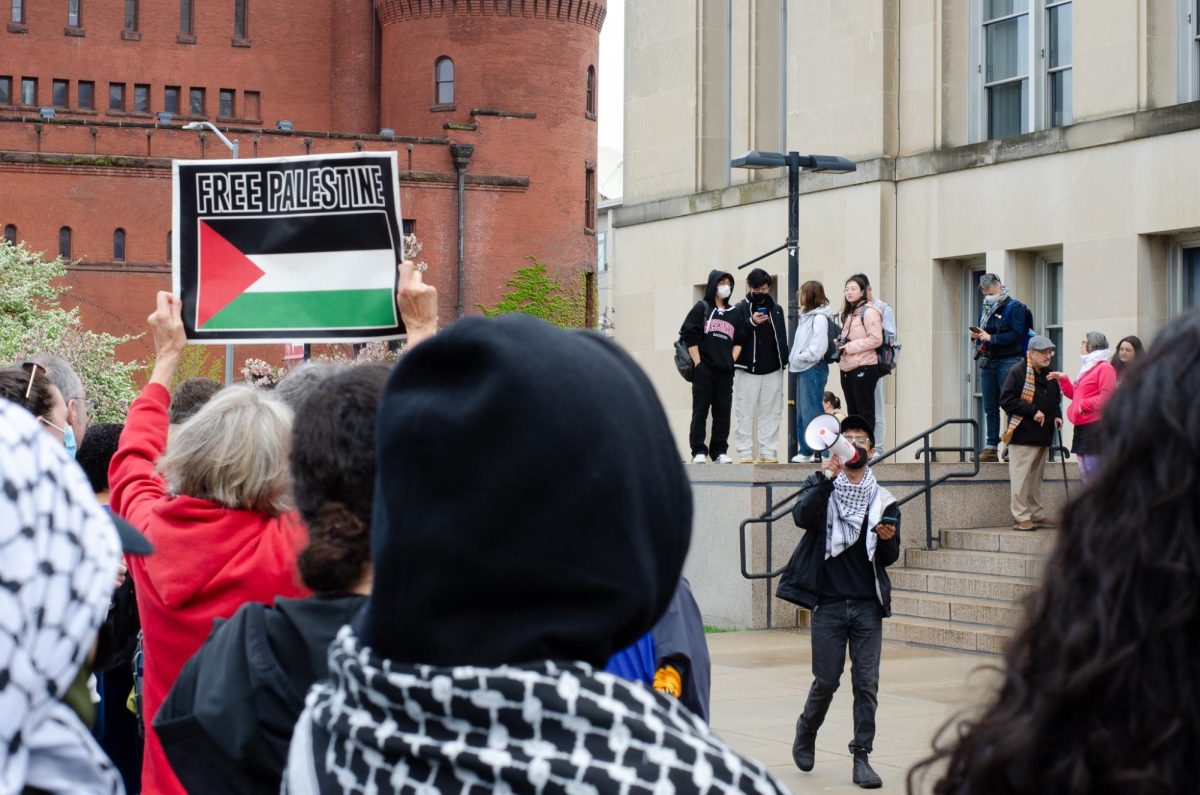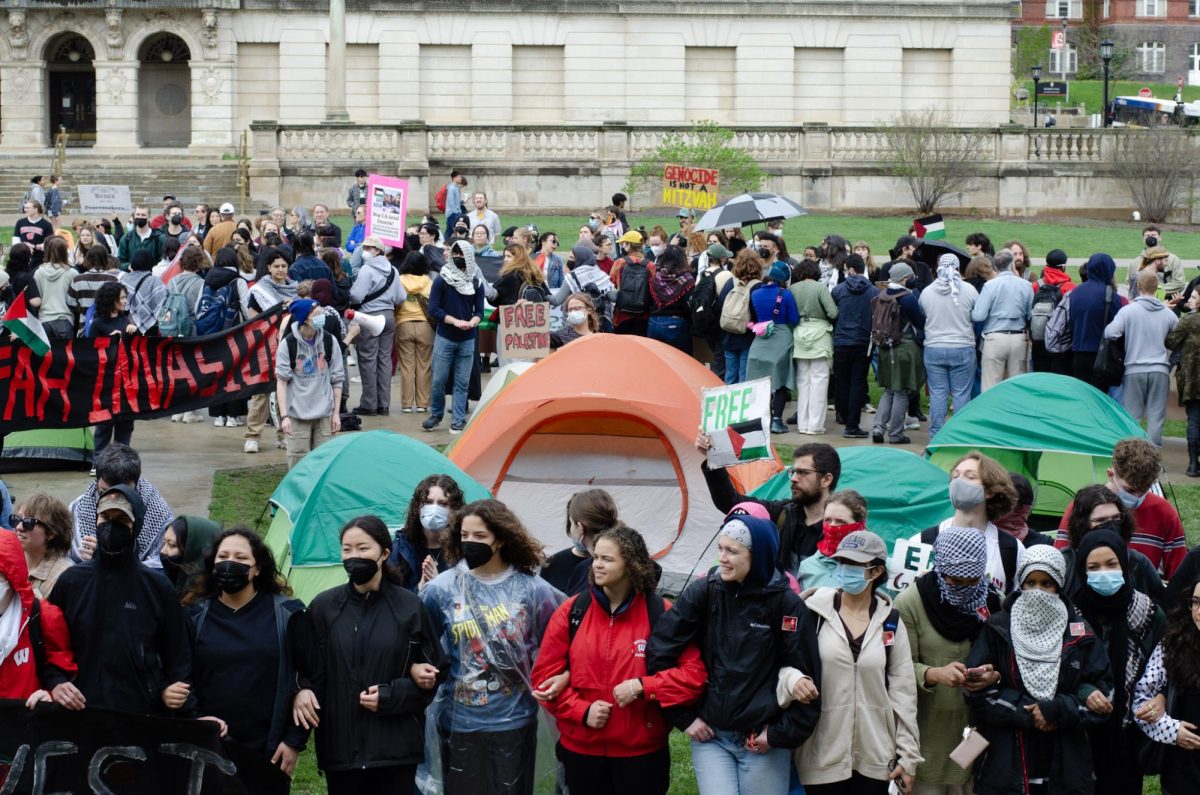University of Wisconsin students looking to bridge the divide between their studies and their social lives will soon have the opportunity to live in a new biology-focused learning community on campus, set to open in 2014.
The BioHouse, a new learning community, is set to open to freshmen in the fall of 2014 as the tenth Residence Learning Community at UW.
Interested participants will be given the opportunity to apply to the residence hall, Tom Gower, BioHouse faculty director and professor of forest ecosystem ecology, said. A selection committee will review all applications, selecting students representing diverse backgrounds and biological interests, he added.
As biology is the largest major at UW, those developing this community hope to consolidate biology students across campus in order to facilitate both social and academic relationships, Gower said.
The specific location for the BioHouse learning community has yet to be determined, Gower said, adding he hopes it will bring together biology students scattered across Madison.
“BioHouse will provide a strong, daily support community for incoming freshman, many of whom are first-generation students, minority students or students from small high schools,” Gower said. “The objective is to help these students make the major transition from high school to college go smoothly. BioHouse will help alleviate the anxiety some students experience and provide better opportunities for students to support each other.”
BioHouse will also sponsor various activities introducing incoming freshmen to career possibilities in the biology field through dinners, seminars, lab tours and social activities, Gower said. He said such events would help break down the barriers between staff and students, create mentoring partnerships and provide opportunities for students to work with professionals.
Institute for Biology Education Interim Director Janet Branchaw said BioHouse is one of the many ways the institute is working to engage students in biological sciences from a young age.
The Institute has created a Freshmen Interest Group course, Exploring Biology, and is also working with Steenbock Library to possibly create a BioCommons community space in the library, Branchaw said.
She said BioHouse will both open up opportunities for students with similar interests to connect with one another while also serving as a hub for biological opportunities on campus.
“We hope to see a diverse and engaged community of students, who are excited about and taking advantage of the many opportunities that UW-Madison has to offer in the biological sciences,” Branchaw said in an email to The Badger Herald. “We also hope that residents of the house will emerge as student leaders in biological sciences in many venues across the campus.”
According to GreenHouse Residential Learning Community program coordinator Alan Turnquist, UW’s Residence Learning Communities emphasize the “living and learning” experience and ultimately seek to connect freshmen students to campus resources, ease the transition into college life and help guide their interests.
Although BioHouse and GreenHouse are not thematically connected, they both focus on fostering student exploration experiences, Turnquist said.
“Learning communities allow students to be involved in ways not offered in traditional classrooms,” Turnquist said. “The experiential and service learning opportunities that learning communities provide students are also high impact practices in that they allow students to more actively engage in learning.”
















